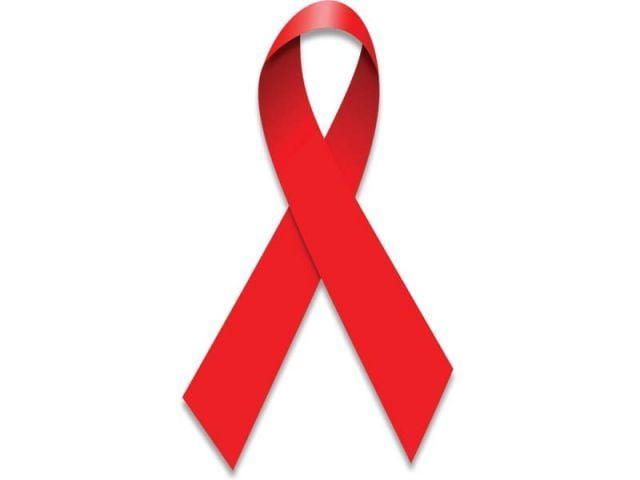World AIDS Day: Challenging myths, stereotypes
Prevention, effective treatment, reversing spread among topics discussed

Globally, an estimated 34 million people have the virus, and despite the fact that the virus was only identified in 1984, more than 35 million deaths have already been attributed to HIV or AIDS, making it one of the most destructive pandemics in history.
The disease can only be transmitted through fluid transfers via unprotected sexual intercourse, sharing of hypodermic needles, and mother-to-child transmission, the latter of which can be prevented through timely and appropriate actions.
Around 99.5 percent of children born from HIV positive women do not have HIV, while only two per cent of sufferers contracted the disease through intravenous drug use.

According to UNAIDS, 15 million people have access to life-saving antiretroviral treatments.
New HIV infection rates have been reduced by 35 per cent since the year 2000, and AIDS-related deaths have reduced by 42 per cent since peaking in 2004.
Minister for National Health Services, Regulation, and Coordination Saira Afazl Tarar said that the disease requires special attention due to the stigma associated with it.
She was speaking at an awareness seminar organised by Pakistan Institute of Medical Sciences in collaboration with MNHSRC.
According to Tarar, there are currently 14,000 people with HIV registered in Pakistan, which is a relatively low number, but added that there is a need to reach out to people and educate them.
Urging religious leaders and opinion makers to educate people, Tarar said that the ministry is working on an HIV bill addressing the basic human rights and issues of people with HIV, to be presented in the national assembly soon.
UNAIDS Country Director for Pakistan and Afghanistan Dr Mamadou Sakho stressed on the need to implement the UNAIDS Fast-Track strategy, which aims to end HIV as a public health threat by 2030.
“With the Fast-Track approach, by accelerating effective and efficient HIV prevention, community-based testing, treatment and human rights, we can reduce new infections to 2,000 a year by 2020. Through this strategy, we can also bring health, equality, social justice and dignity for all key populations in Pakistan”, he said.
National Aids Control Program National Programme Manager Dr Abdul Baseer Khan Achakzai said the government is committed to scaling up targeted and focused intervention to prevent new HIV infections among vulnerable groups.
Dr Achakzai said that the government is providing free HIV treatment, testing and counselling services at 51 facilities throughout the country.
Doctors and health workers at the seminar stressed that the disease is easily preventable and an individual suffering from HIV can lead a normal life if the infection is detected early and is treated properly.
Published in The Express Tribune, December 2nd, 2015.



















COMMENTS
Comments are moderated and generally will be posted if they are on-topic and not abusive.
For more information, please see our Comments FAQ